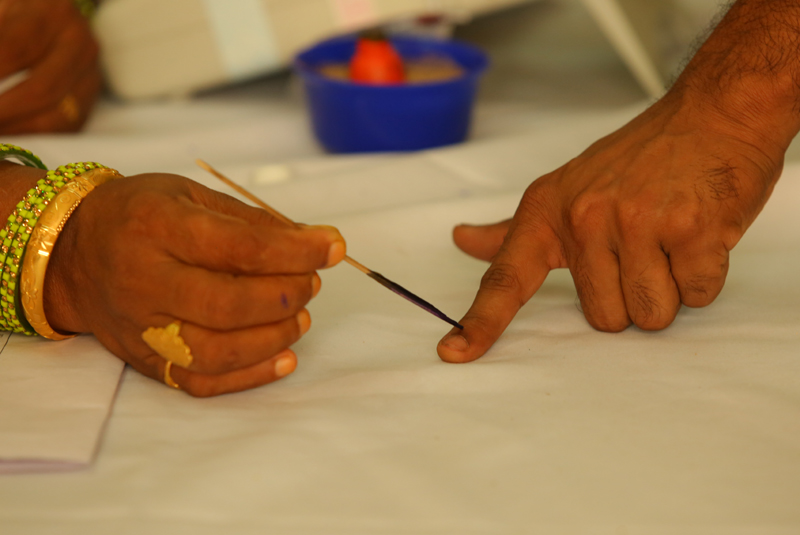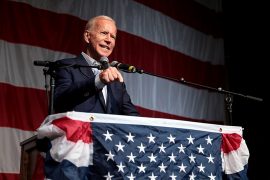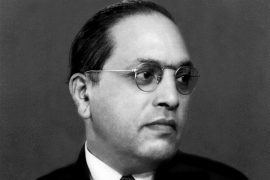As elections ensue in five State Assemblies, the method and manner, if any, which political parties use in India assumes significance. As elections approach, political parties make umpteen promises to their voters. None, or most, of them remain unfulfilled. In this context, the roles and responsibilities of political parties in a parliamentary democracy must be critically examined from a historical perspective.
India adopted the Westminster model of governance as a natural corollary of the colonial rule. During the British rule, we were introduced to parliamentary institutions and processes in bits and pieces–through the 1909, 1919 and the 1935 Acts passed by the British Parliament. India’s freedom fighters, impatient with this piecemeal approach, wanted a full-fledged system of representational democracy. Many Indian freedom fighters–British-educated barristers who had seen the working of the Westminster system closely–wanted a similar system in India.
Unlike the presidential system, a parliamentary democracy needs political parties to operate the system. The Presidential system is, in essence, a one-man show. A candidate can, without the backing of a political party, win public mandate and become the President. That is not so in the Westminster model because the emphasis is on collectivism as against individualism.
The political party which wins majority seats in the House elects a leader, who, then, forms the Government. The Government thus elected is collectively responsible to the Parliament. So, without political parties, parliamentary democracy would be like a vehicle without a driver because it is the parties which provide content and character to the system on the basis of their ideologies.
-30-
Copyright©Madras Courier, All Rights Reserved. You may share using our article tools. Please don't cut articles from madrascourier.com and redistribute by email, post to the web, mobile phone or social media.Please send in your feed back and comments to [email protected]











